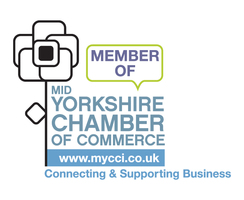What Does the Recent Uber Ruling Mean?
On October 28th 2016, in what is a landmark ruling, the employment tribunal in Aslam and others v Uber BV and others said that Uber drivers are to be classified as “workers” rather than as self-employed. It is perhaps the most high-profile case in employment law in 2016, and this latest development is set to have a big impact on the developing “gig economy” going forward.
Uber drivers are currently classified as self-employed “partners”. This means that they do not have access to the rights and benefits that traditionally employed workers receive. In London alone there are 30,000 Uber drivers, but the company itself only employs 105 people in the UK.
The most notable changes that this recent decision could bring to Uber drivers in the UK relate to employment rights – namely that they may have to be granted the National Minimum Wage and holiday pay as well as protection from unlawful deductions and whistle blowing protection. While this ruling only applies to the drivers who brought the case against Uber, the company will clearly have cause for concern.
In the wake of the decision, Uber have confirmed that they will appeal. "Tens of thousands of people in London drive with Uber precisely because they want to be self-employed and their own boss” said Jo Bertram, Regional General Manager of Uber UK. “The overwhelming majority of drivers who use the Uber app want to keep the freedom and flexibility of being able to drive when and where they want. While the decision of this preliminary hearing only affects two people we will be appealing it.”
This decision could also present itself as a roadblock to those companies who have adopted a similar business model to Uber’s, such as Deliveroo, Handy, Amazon Flex, and many other smaller startups. Thomas Brooks, a senior policy researcher at Citizens Advice, wrote in a blog post that the decision “could be the start of a fundamental shift in how the platform-based economy operates in the future”.
What’s clear is that the issues surrounding the gig economy will continue to drag on into 2017 and beyond. This new way of working, whether you call it the gig economy or the platform-based economy, is here to say, but there are still kinks to be ironed out.
At First Call HR, we keep a close eye on all things to do with employment law. Consequently, we can offer expert HR advice and management services – if you’d like to find out more, give Emma Armytage a call now on 07973 531589.





